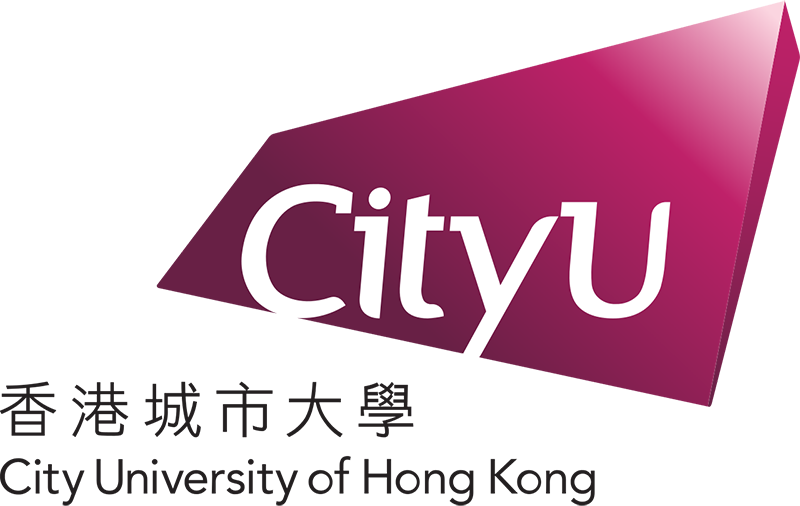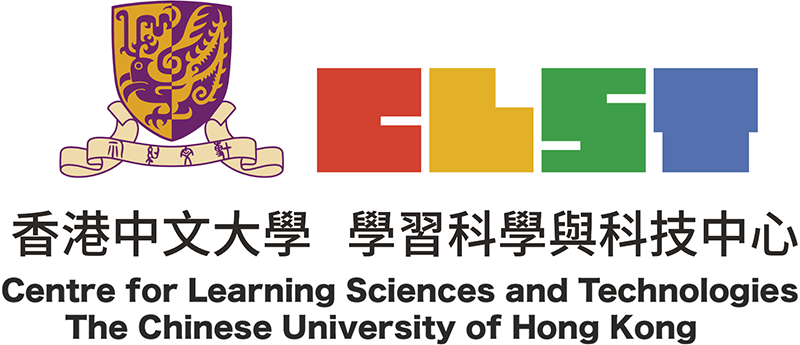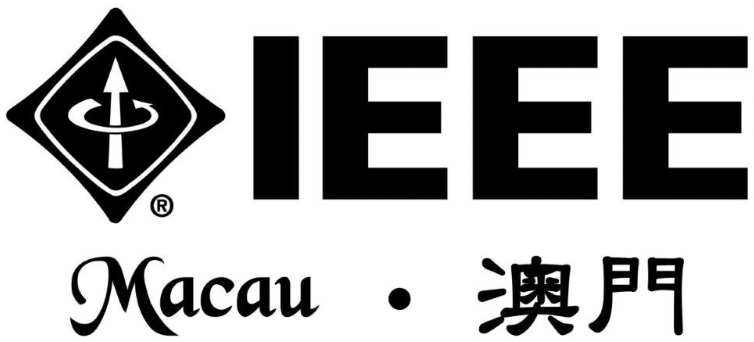Keynotes
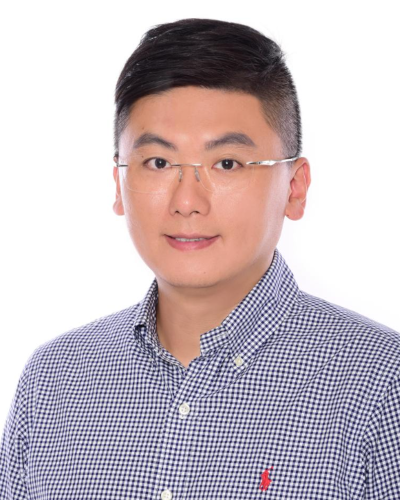
Prof. Ray Cheung
Associate Provost (DL)
City University of Hong Kong
Biography
Prof. Ray C.C. Cheung is currently the Associate Provost at City University of Hong Kong, and Professor in the Department of Electrical Engineering. He received the BEng and MPhil degrees in computer engineering and computer science and engineering at CUHK, and the PhD degree and DIC in computing at Imperial College London, United Kingdom. He was with Stanford University and UCLA in the summer as a visiting scholar. He received the Hong Kong Croucher Foundation Fellowship for his postdoctoral study in the Electrical Engineering Department, UCLA. He worked as a visiting research fellow in the Department of Electrical Engineering, Princeton University. His research team, CityU Architecture Lab for Arithmetic and Security (CALAS), focuses on secure processor design, reconfigurable trusted computing, AIoT, applied cryptography, and high-performance VLSI designs. He also co-founded the Xilinx Research Lab at CityU in the Department of Electrical Engineering. He is the founding technical chair at the IEEE International Conference on Field-Programmable Technology (FPT) in Hong Kong in 2002, the general chair of Applied Reconfigurable Computing (ARC) 2012 in Hong Kong, the general co-chair of FPT in Hong Kong in 2022. He is a senior member of the IEEE, the IEEE HK Section Chair 2024, the past chair of IEEE HK Section CAS/COM Joint Chapter, the past chair of IEEE Industrial Electronics Society, Technical Committee, Electronic System-on-Chip (eSoC), the past vice-chair of IEEE HK Section Computer Chapter, the current IEEE HK Section Student Branch Counsellor (CityU), the current IEEE HK Section Treasurer, and CityU Underwater Robotic Team supervisor. He is the author/co-author of more than 230 International journal and conference papers. He is also the chairman of Hong Kong STEM Education Alliance, and the founder of Hour of Code Hong Kong.
Building a Learner-Centric Citywide Digital Literacy Ecosystem: Train-the-Trainer, Community-Based Learning, and Gifted Education
Abstract: In today's digital era, ensuring digital literacy for all individuals is essential for their success and participation in society. Additionally, recognizing and nurturing the talents of gifted learners is crucial for fostering innovation and advancing communities. This talk explores the concept of building a learner-centric citywide digital literacy ecosystem that incorporates train-the-trainer programs, community-based learning, and a gifted education approach. By placing learners at the center of this ecosystem, we can create a comprehensive framework that empowers individuals, bridges the digital divide, and fosters the growth and development of their communities. The Hour of Code Hong Kong citywide campaign started in 2014, and the HKSAR Gifted Education Fund programme will be used as an example to cover the breadth and depth components of the learning process to evaluate the impact and overall performance of the students involved along the journey. Through collaboration, innovation, and a commitment to learner-centered approaches, we can build thriving ecosystems that embrace the opportunities of the digital age and empower learners to succeed in the 21st century.

Prof. Josep M. Duart
Editor-in-Chief
Educational Technology in Higher Education
Biography
Prof. Duart holds a doctorate (PhD) in Pedagogy from Ramon Llull University (URL), Barcelona, and a Master's in Business Administration from ESADE Business School, Barcelona. Since 1996 is a full professor in Psychology and Educational Sciences Department at the Universitat Oberta de Catalunya (UOC). He has been involved in several positions: Vice President for Postgraduate Studies and Lifelong Learning, former Director of the International Graduate Institute at the Open University of Catalonia, UOC (2007-2013), and Director of the UNESCO Chair in e-Learning (2002-2009). Currently, he teaches in the education and technology field, educational models and quality and is a member of the Edul@b Research Group. Dr Duart is the President of EDEN (Digital Learning Europe), Europe's leading network in Digital Education.
As a researcher specialising in Educational Technology, e-learning models and educational organisation, he leads and collaborates on research projects in educational policy, higher education leadership and ICT use. He has published several books and co-authored articles in international specialist journals (ORCID). He has also lectured on ICTs in higher education at international conferences and European, American and Australian universities. He is the Editor-in-chief of the International Journal of Educational Technology in Higher Education (JCR Q1; Scopus Q1), founder member and coordinator of "The University of the Future Network". He is also a founder member and coordinator of Red Universitaria para la Educación con Tecnología (REDUNETE).
Dr Duart has been involved in several research and collaboration projects with European and Latin American universities and education quality assurance strategies consultancies with Latin American governments (Colombia, Mexico, Dominican Republic, Chile, Ecuador, Argentina and others).
Dr Duart has participated as an external evaluator in different European and Latin American Quality Assurance Agencies. He co-authors the quality assurance guidelines for implementing online and blended programmes for the Catalan QAA (AQU) and the Chilean (CNA).
Trends and Challenges in Digital Education in the Age of Artificial Intelligence
Abstract: Over the last few decades, advances in technology have facilitated significant progress in educational processes, particularly in personalising learning and consolidating new training modalities. The recent irruption of Generative Artificial Intelligence opens up a new transformative scenario for education in general and higher education in particular. Prof. Duart, editor-in-chief of the renowned International Journal of Educational Technology in Higher Education, will present today's leading trends and challenges in digital education research. Artificial Intelligence allows us to continue advancing research in educational technology, improve personalised student tracking systems, new learning dynamics, and new roles shared between teachers and learning machines. The keynote will offer perspectives on these advances and opportunities.
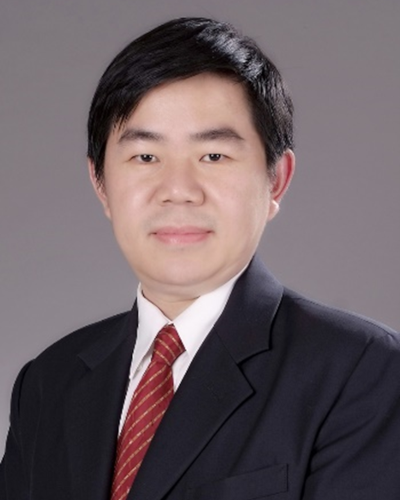
Prof. Junjie Shang
Associate Professor
Peking University
Biography
Dr. Junjie Shang received his BSc and MSc from Peking University in 1996 and 1999 respectively, and got his PhD in education from The Chinese University of Hong Kong in 2007. He once served as Vice Dean of Graduate School of Education, and as Director of Department of Educational Technology of Peking University. Currently, he is a Tenured Associate Professor and also serves as the execute director of the Lab of Learning Sciences and the vice director of the Center for Research on Pre-K12 Education of Peking University. Dr. Shang is also the Vice-president of the China Educational Technology Association, and the president of Professional Community on Digital Game-based Learning, and the Vice President of the Intelligent Education Technology Committee of Chinese Artificial Intelligence Society, and the Executive Vice President and Secretary General of Research Association of Learning Sciences of China Association of Higher Education.
Dr. Shang's research interests include digital game-based learning, learning science and technology, educational technology leadership and policy. He has led many research projects, which are funded by National Science Foundation of China, National Social Science Foundation of China, Beijing Social Science Foundation, and so on. Dr. Shang has edited or authored more than 10 books, and published more than 90 papers. He has won many awards like “National Best Massive Open Online Courses”, “Best Textbooks Award in Beijing Municipal Education Commission”, “First-class Award for best-selling books In National College Press Association in China”, “Best Paper Award In the 11th Global Chinese Conference on Computers in Education”, and “First-class Award of Teaching in Peking University”, “First-class Award of Teaching in Beijing on Higher Education”, “Peking University Ng Teng Fong/Sino Scholarship For Outstanding Youth”. He received the teaching excellent award of Peking University in 2023.
How to Design Scientific, Happy, and Effective Educational Games: Research on the Design of Educational Games from the Perspective of Learning Sciences
Abstract: As a hot topic in educational technology research, educational games have been widely used but have not yet been fully integrated into classroom teaching. Their design and development face challenges, and creating scientific, happy, and effective educational games poses a significant hurdle. Learning sciences, as an interdisciplinary field, provides a new perspective for designing the educational games. By combining the concepts and methods of learning sciences, more scientific, happy, and effective educational games can be designed to enhance learning outcomes. Therefore, this speech will combine the research case of the Lab of Learning Sciences at Peking University to explore how to design and develop educational games from the perspective of learning sciences, and explore the difficulties and obstacles involved.
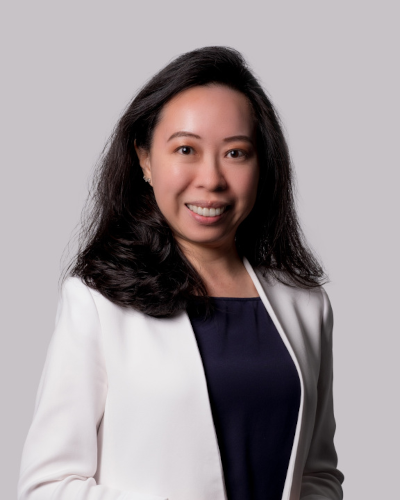
Prof. Katrine Wong
Director, Centre for Teaching and Learning Enhancement
University of Macau
Biography
Katrine K. Wong, Director of the Centre for Teaching and Learning Enhancement at the University of Macau (UM), holds an associate professorship in English Literature. She writes on English Renaissance Drama and Music in Theatre. Her publication includes articles in top academic journals (including Adaptation and Early Theatre), book chapters with Oxford University Press, monograph Music and Gender in English Renaissance Drama (Routledge) and edited volumes such as Eastern and Western Synergies and Imaginations: Texts and Histories (Brill) and Macao - Cultural Interaction and Literary Representations (Routledge).
A Principal Fellow of Advance HE (PFHEA), Wong has given in the past five years over 30 keynote presentations, seminars and workshops at international and national/regional T&L events. Her areas of expertise include e-learning and pedagogical innovation, as well as Faculty Learning Communities (FLCs) on various topics including Teaching Portfolio, Blended Learning. She has published on various topics of T&L in higher education.
Wong led the creation of Creativity, the first MOOC from Macao SAR. The course was launched in September 2018 and is listed by the Ministry of Education of China as a national first-class undergraduate course (國家級一流本科課程).
In addition to holding a PhD in English Literary Studies from the University of Leeds, Wong, a classically-trained musician, also holds professional titles of FTCL (Piano) and LTCL (Voice) from Trinity College London. She is conductor of Coro Perosi Macao and vocal coach of UM Choir.
Blended Learning and AI: Enhancing Teaching and Learning in Higher Education
Abstract: Learner engagement is essential for positive student learning experiences and outcomes. While the higher education sector has accumulated years of experience with learner engagement with conventional face-to-face instruction, it is also placing increasingly more emphasis on the combination of in-person and online teaching and learning (T&L) activities, which enhances T&L in multiple ways. Promoting and supporting learner engagement in blended learning environment is receiving greater attention and scrutiny in recent years. This keynote presentation will be situated in an AI-infused T&L landscape: the speaker will survey recent scholarship on generative artificial intelligence and blended learning and share her insights into strategies for delivering blended learning to maximize the benefit for instructors and learners in the emerging digital learning environments of higher education.
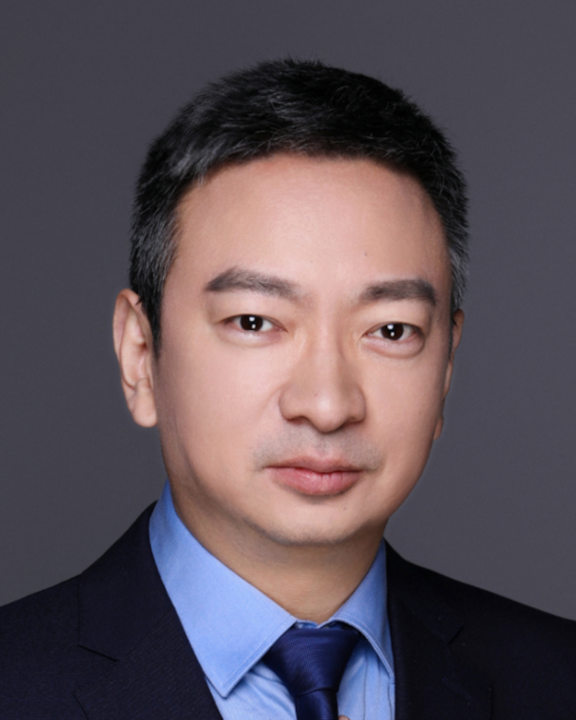
Prof. Di Wu
Professor
Central China Normal University
Biography
Prof. Di Wu is currently a professor of the Department of Artificial Intelligence Education, Central China Normal University. He is the deputy director of the China's National Engineering Research Center For E-Learning, executive deputy director of the Education Informatization Strategic Research Base, Ministry of Education, P.R.C.
Prof. Wu also serves as a member of the Education Informatization Expert Group of the Ministry of Education, the deputy Chairman of the Technical (information technology, general technology) Teaching Guidance Committee of the Basic Education Teaching Steering Committee of the Ministry of Education.
Prof. Wu's research interests include digital education development policy and evaluation, digital literacy of teachers and students. He is the principal drafter of the China's national standard: Digital Literacy for Teachers. He has presided over a number of research projects and has been funded by National Science Foundation of China, National Social Science Foundation of China.
Digital Literacy: Evolution, Evaluation and Enhancement
Abstract: Digital literacy (DL) has increasingly assumed paramount importance in the digital age, emerging as a vital essential skillset. This study begins by retrospecting on the three evolutionary stages of DL, delineating the characteristics unique to each phase. It observes that the connotation of DL has been continually expanded and refined with the progression of time. Subsequently, by analyzing current international standards and frameworks for DL, and integrating the developmental context and specific traits of Chinese students and teachers, this research constructs a DL conceptual framework for students and a DL conceptual framework for teachers. Thereafter, using the student population as an example, the study developed a DL evaluation tool based on the conceptual framework and presented the results of evaluating students' DL in a large-scale study conducted in six Chinese provinces. Finally, the study provides concrete and feasible recommendations for improving DL of teachers and students.


